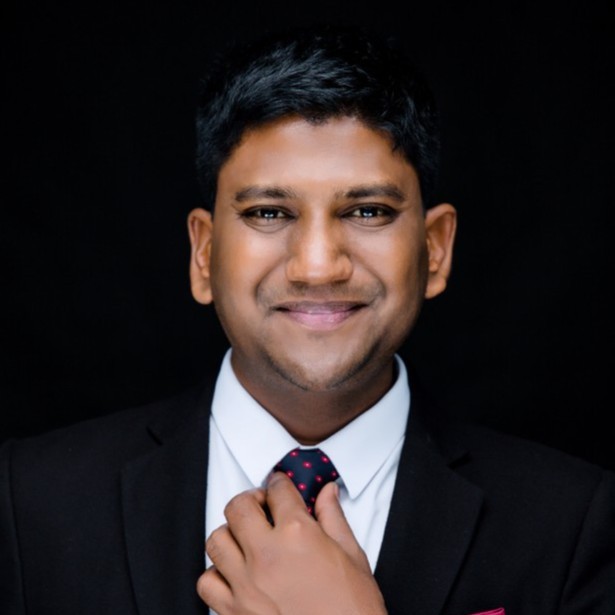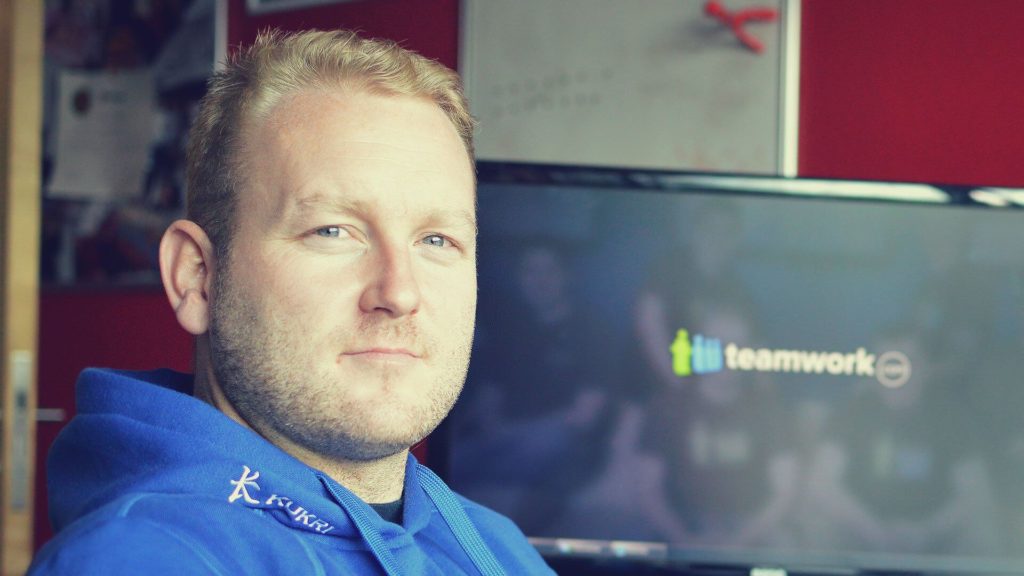Entrepreneur Case Studies
From Developer to Cyber Security Entrepreneur with $10M Revenue and $18M Funding: LoginRadius CEO Deepak Gupta (Part 2)
Sramana Mitra: What did you get done in those few months when you still had the job?
Deepak Gupta: At the beginning, there was a little hesitation whether the product was going to work. As soon as we launched, we started getting customers. Customers started asking questions. In those few months, I saw that there is a big need for this product.
>>>From Developer to Cyber Security Entrepreneur with $10M Revenue and $18M Funding: LoginRadius CEO Deepak Gupta (Part 1)

Deepak tells a textbook story of a developer turned entrepreneur. He and his cofounder started by bootstrapping with a paycheck, validated the hypothesis, and then quit their jobs. We love stories like this, as you know.
Sramana Mitra: Tell me where you’re from, born, raised. What kind of background?
>>>Bootstrapping Using Services to $35M from Ireland, Then Raising $70M: Teamwork CEO Peter Coppinger (Part 6)
Sramana Mitra: How do you compare with companies like Replicon?
Peter Coppinger: I don’t know Replicon. I have to check them out.
Sramana Mitra: I haven’t talked to them in a long time, but their pitch is similar to yours. I haven’t tracked them.
>>>Bootstrapping Using Services to $35M from Ireland, Then Raising $70M: Teamwork CEO Peter Coppinger (Part 4)
Sramana Mitra: Was there a section of the website where you had a lot of descriptions and keywords that Google organic was picking up.
Peter Coppinger: Nothing intentional. Today, Google has changed it so that the people with the deepest pockets win. You could be listed on page two or three of Google and still get traffic volume. Today, there’s a lot more customers. Every channel is saturated. We were lucky we started when we did.
>>>Bootstrapping Using Services to $35M from Ireland, Then Raising $70M: Teamwork CEO Peter Coppinger (Part 3)
Sramana Mitra: What is the timeline? You started this in 1999 and grew this to 40 people in three to four years?
Peter Coppinger: Yes. We got the idea for Teamwork in 2009. We launched around then, but we kept it as a side project. We really found it difficult to find time to work on our product. After a couple of months after the passing of the idea, we said that the only way we were going to get this product off the ground was if we treat ourselves like one of our own customers. We dedicated Fridays.
>>>Bootstrapping Using Services to $35M from Ireland, Then Raising $70M: Teamwork CEO Peter Coppinger (Part 2)
Sramana Mitra: How long did just the two of your run the agency?
Peter Coppinger: We grew the agency to about 40 people over the next few years. We had never ran a proper business and we had no idea what we were doing. How do you do pitches? How do you do pricing? How do you manage the margins on different projects you’re doing. How do you stop being the busy fool? When should you hire people?
>>>Bootstrapping Using Services to $35M from Ireland, Then Raising $70M: Teamwork CEO Peter Coppinger (Part 1)

Peter has led a terrific vertical cloud business from Ireland and now runs a global SaaS company that is kicking ass.
Sramana Mitra: Let’s start at the very beginning of your journey. Where were you born, raised, and in what kind of background?
>>>Building a Public FinTech Company From Scratch: OppFi CEO Todd Schwartz (Part 6)
Sramana Mitra: What scale are you at right now?
Todd Schwartz: This year, we’re in the over $400 million range.
Sramana Mitra: When did you go public?
Todd Schwartz: In 2021 on the NYSE. When I walked up to the stock exchange, it was never about financial gain. It’s so funny to me to see OppFi on the banner. This was literally about helping people. I want to make that clear. If financial gain is the reason you’re doing it, your heart and soul won’t be in the business.
>>>